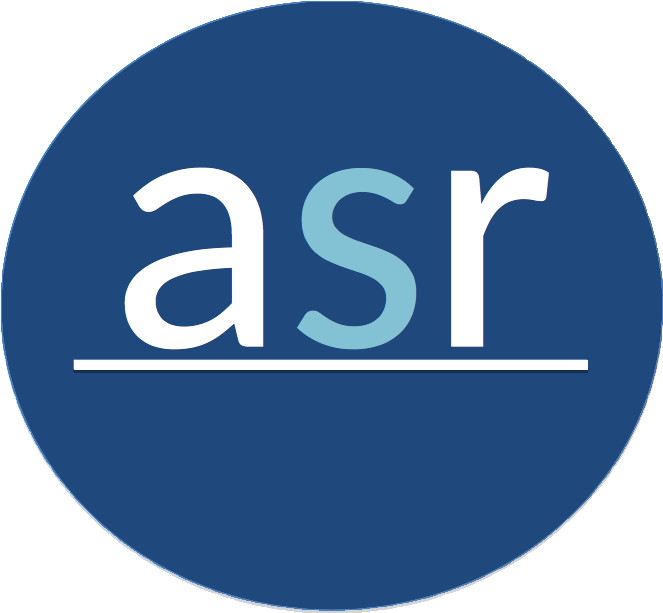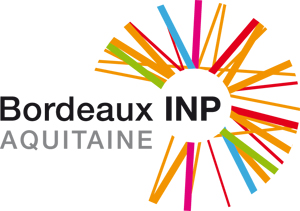
Doctoral Symposium
Program
- 09:00 : Keynote: Lessons learned from 20PhD’s and 40 defenses.
- Wouter Joosen (Minds-DistriNet, KULeuven)
- 10:00 : Improving the energy efficiency of software systems for multi-core architectures.
- Maxime Colmant (ADEME, University Lille, Inria), Romain Rouvoy (University Lille, Inria), Lionel Seinturier (University Lille, Inria)
- 10:30 : Coffe Break
- 11:00 : A middleware-based approach for QoS-aware deployment of service choreography in the cloud.
- Raphael Gomes (Universidade Federal de Goiás, Brazil and INRIA, Paris-Rocquencourt), Fábio Costa (Universidade Federal de Goiás, Brazil), Ricardo da Rocha (Universidade Federal de Goiás, Brazil), Nikolaos Georgantas (INRIA, Paris-Rocquencourt)
- 11:30 : Testimony: A PhD Testimonial at completion: Lightweight security middleware for federated wireless sensor networks.
- Jef Marien (KULeuven)
- 11:50 : Testimony: A PhD Testimonial at half-way: Middleware for Heterogeneous and Federated Data Management.
- Ansar Rafique (KULeuven)
- 12:10 : Panel: Life after PhD.
- Gordon Blair (Lancaster Unvieristy), Luís Veiga (INESC-ID / Instituto Superior Técnico, ULisboa), and more TBA.
- 12:30 : End of Doctoral Symposium
PhD Presentations
Improving the energy efficiency of software systems for multi-core architectures
Maxime Colmant (ADEME, University Lille, Inria), Romain Rouvoy (University Lille, Inria), Lionel Seinturier (University Lille, Inria)
The ICT has an huge impact on the world CO2 emissions and recent study estimates its account to 2% of these emissions. This growing account emissions makes IT energy efficiency an important challenge. State-of-the-art has proven that the processor is the main power consumer. Processors are nowadays more and more complex and they are used in many hardware systems, such as computers or smart phones. This thesis is thus focusing on the software energy efficiency for multi-core systems. In this paper, we therefore report our motivations to understand deeply their architectures for improving their energy efficiencies. Manufacturers have worked tremendously to improve performance and reduce power consumption of their processors. However a lot of things remains to do in the software side. We claim that energy-efficient softwares can play a deterministic role to reduce the IT carbon footprint. To answer this challenge, we are believing on the software-metric approach with a minimal hardware investment. For this purpose, an efficient, scalable and non-invasive tool is needed. As a result, we created PowerAPI, to provide fine-grained power estimations at process and code-level for optimizing the software enegergy efficiency automatically. This solution will help to identify clearly the energy leaks for optimizing automatically the power consumed by software.
A middleware-based approach for QoS-aware deployment of service choreography in the cloud
Raphael Gomes (Universidade Federal de Goiás, Brazil and INRIA, Paris-Rocquencourt), Fabio Costa (Universidade Federal de Goiás, Brazil), Ricardo da Rocha (Universidade Federal de Goiás, Brazil), Nikolaos Georgantas (INRIA, Paris-Rocquencourt)
Non-functional requirements specification for an application and definition of required resources for its deployment are activities commonly performed at ad hoc, which can cause quality of service degradation due to inefficient use of resources. This problem is even greater with applications formed by the composition of multiple services. Cloud computing emerges as an alternative to provision of the needed resources, which is usually done using local infrastructure in conjunction with external providers. However, efficient resource management mechanisms and policies for offering quality services in these environments are necessary. This work is a PhD proposal, where is presented a middleware based approach for cloud resources management and their provisioning according with non-funcional requirements and with greater usability by the deployer. Use of models at runtime and choreography of services for higher abstraction, adaptability and decentralization of the running system is proposed. Using this approach applications running in cloud environments may work based on their immediate needs.
Lightweight security middleware for federated wireless sensor networks
Jef Maerien (KU Leuven)
This presentation covers my PhD project on security for wireless sensor networks. Over the past years a have studied and developed security middleware for constrained embedded devices. The latest version of the SECLooCi prototype has been deployed in the collaborative research project with industry. The presentation will cover both the results, as well as some lessons learned during the journey of the PhD project.
Middleware for Heterogeneous and Federated Data Management
Ansar Rafique (KU Leuven)
For availability, scalability, performance, and security reasons, a lot of cloud application services try to leverage a hybrid cloud infrastructure, involving both a private cloud as well as a public cloud. The data storage systems and APIs can be heterogeneous, due to the variety of storage solutions, each with its own API to interact with the storage in the hybrid cloud architecture. However new intelligent middleware is needed (a) to limit the impact of migration changes across heterogeneous NoSQL storage systems, and (b) to store, search, analyze, and control the large amount of data distributed across heterogeneous NoSQL clusters in a hybrid cloud environment effectively and efficiently, coming from diversity of sources. This presentation will revisit the first phase in my PhD project that pursues the type of middleware sketched above.

















